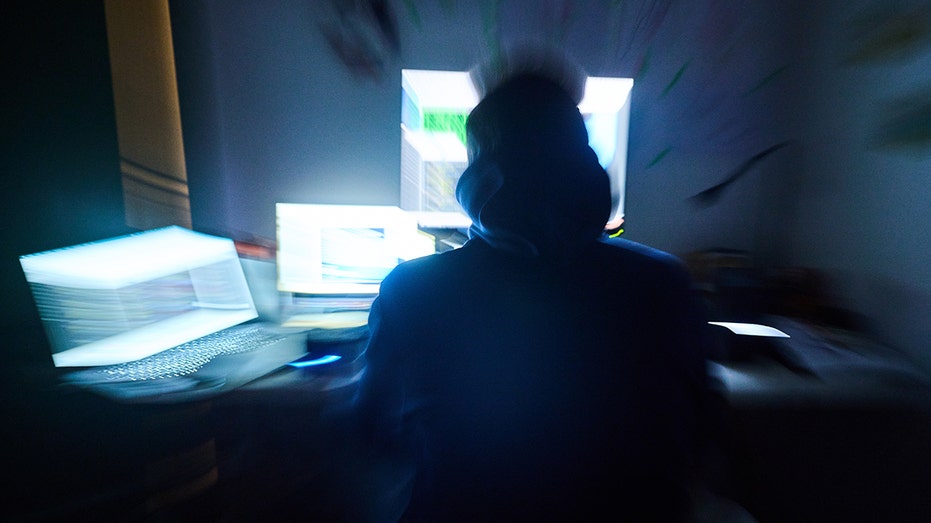AI scams are proliferating. A new tool is attempting to combat them
Over 60% of people are more concerned about deepfakes now than a year ago, according to McAfee
AI is universally disruptive, it's going to change the world: John DiFucci
Guggenheim Securities senior managing director John DiFucci discusses the long-term impact of AI technology on 'Making Money.'
Computer security company McAfee launched a deepfake detection tool to combat the rise in AI scams and misinformation.
AI-created videos, otherwise known as deepfakes, have been circulating the internet and social media. In response, McAfee launched the McAfee Deepfake Detector exclusively on select Lenovo AI PCs, which will alert consumers who opt in within seconds if AI-altered audio is detected in videos. Lenovo AI PC customers will receive a 30-day free trial of the deepfake detector. Pricing starts at $9.99 for the first year, McAfee said.
"The common thread in the most concerning, and the most common, deepfakes we’ve seen is that AI allows bad actors to create highly sophisticated impersonations people that trick victims into believing they're interacting with trustworthy sources," McAfee Chief Technology Officer Steve Grobman told FOX Business.
Some of these scams include deepfake videos of well-known figures like Warren Buffett and YouTube star MrBeast pushing crypto giveaways, according to Grobman. Other examples include celebrities promoting fake giveaways, which target personal information or money from fans for products they'll never receive, Grobman added.
Victims reported losses in the range of $250 to over half a million dollars from cybercriminals who are creating more convincing, personalized, AI-generated scams at scale, according to McAfee.

AI-created videos, otherwise known as deepfakes, have been circulating the internet and social media. (iStock / iStock)
Deepfakes have also targeted political or other high-profile figures, which can have a "profound impact on elections by creating and spreading highly believable misinformation that can manipulate public perception of candidates," Grobman said.

Victims reported losses in the range of $250 to over half a million dollars from cybercriminals, according to McAfee Chief Technology Officer Steve Grobman. (Annette Riedl/picture alliance via Getty Images / Getty Images)
This year alone, there was an instance where an AI robocall impersonated President Biden, urging voters in New Hampshire to skip voting in the primaries. There were also deepfake ads in the U.K. falsely portraying then-Prime Minister Rishi Sunak and fake audio clips suggesting electoral tampering in Slovakia, Grobman said.
ELON MUSK XAI STARTUP ROLLS OUT GROK-2 ARTIFICIAL INTELLIGENCE ASSISTANT IN RACE AGAINST CHATGPT
"These examples highlight the potential of deepfakes to manipulate public opinion and influence election outcomes, imposing a real mental toll on people as they navigate a world where it’s unclear what’s authentic versus AI-generated," he said.

More than 60% of people are more concerned about deepfakes now than they were a year ago, according to McAfee. (iStock / iStock)
More than 60% of people are more concerned about deepfakes now than they were a year ago, according to McAfee.
About 21% have been tricked into believing a video, image or recording of a political candidate was real at first glance.
GET FOX BUSINESS ON THE GO BY CLICKING HERE
The technology deployed for Lenovo AI PCs has been trained across close to 200,000 samples already, according to McAfee. Grobman likened it to a "weather forecast predicting a 90% chance of rain" given that it offers "consumers the information they need to make informed decisions."





















